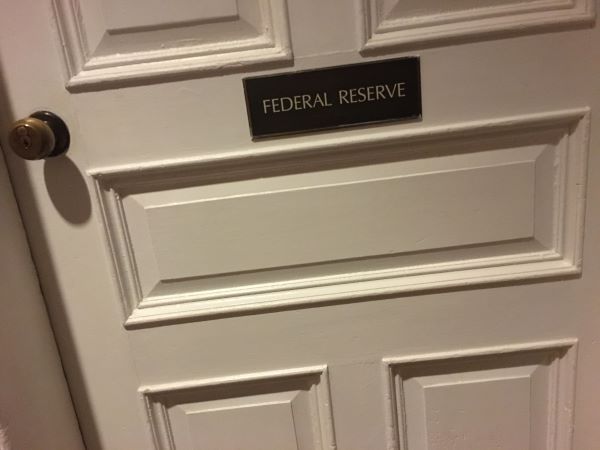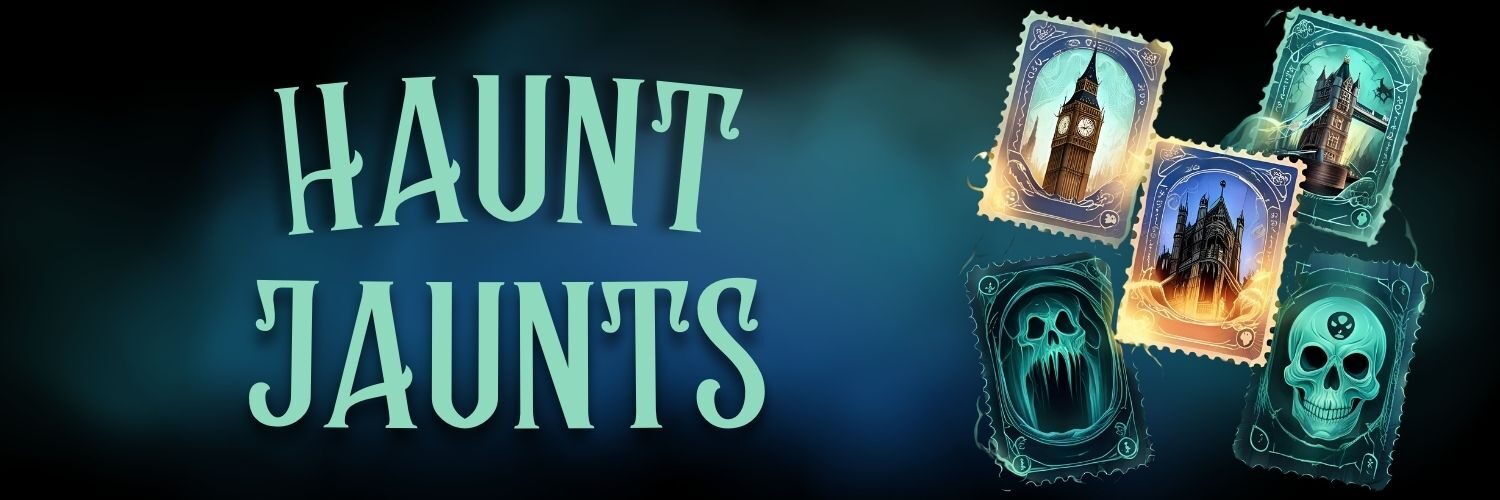
Jekyll Island, Georgia, is one of my favorite places to jaunt to. Well, specifically, I love staying at the historic Jekyll Island Club Resort. That’s why “The Creature from Jekyll Island” immediately caught my eye while I was watching an episode of the HBO Max docuseries The Anarchist.
The first thing it conjured to mind when I heard it mentioned was The Creature from the Black Lagoon. But I thought I knew most of the ghost stories about Jekyll Island. Was there some kind of monster legend I’d missed?
No. It turned out that The Creature from Jekyll Island: A Second Look at the Federal Reserve was a book by G. Edward Griffin. Which, I guess to anarchists, the Federal Reserve is a kind of a monster. (Well, that statement probably applies to how they view most governments and institutions.)
Anyway, even though it’s not paranormal, per se, let’s take a look at what the book is about now that we’re here, shall we?
The Creature from Jekyll Island Synopsis
Here’s the copy from the book’s back cover:
Where does money come from? Where does it go? Who makes it? The money magicians’ secrets are unveiled. Here is a close look at their mirror and smoke machines, the pulleys, cogs, and wheels that create the grand illusion called money.
A boring subject? Just wait! You’ll be hooked in 5 minutes. Reads like a detective story —which it really is. But it’s all true. This book is about the most blatant scam of history. It’s all here: the cause of wars, boom-bust cycles, inflation, depression, prosperity. Your world view will definitely change. This may be the most important book on world affairs you will ever read.
Jekyll Island and the Federal Reserve
But what does a posh hotel in Georgia have to do with the Federal Reserve?
Before the Jekyll Island Club became the resort and hotel it is today, it started off as an exclusive members-only club for America’s most prominent millionaires. In 1910, that was where a group of men met somewhat clandestinely to “conceptualize a federal banking system” and “drafted the modern-day Federal Reserve.”
Well, not somewhat clandestinely. As information about the meeting at Jekyll Island on Federal Reserve History summed it up, it was a “secret gathering” on the secluded island.
In fact, none of the six men who were there —Nelson Aldrich, A. Piatt Andrew, Henry Davison, Arthur Shelton, Frank Vanderlip, or Paul Warburg— were Jekyll Island Club members. They didn’t even publicly admit the meeting had happened until the 1930s.
It was so secret they only used their first names to protect their identities. That’s why afterward, they referred to themselves as the “First Name Club.” It was first name only from the time they boarded Aldrich’s private train —which the men took from New Jersey to Georgia under the ruse of attending a duck hunting trip— to their stay on the island. That way staff wouldn’t know who they were.
The other thing no one knows for sure is who made it possible for the group to meet at the club since none of the men were members. J.P. Morgan was, though. Most people feel he’s the one who helped orchestrate the meeting.
But why the need for so much secrecy?
Banking was much different back at that time. American banks were limited in how they could operate, which in turn limited how businesses could be run. Something that greatly interested, not to mention affected, the millionaires of the Jekyll Island Club.
But America’s banking practices also affected the economy. About every 15 years there’d be a “panic,” which “forced financial institutions to suspend operations, triggering long and deep recessions.”
Then when booms happened, big cities, like New York, benefited with most of the money flowing there. There had to be a better way, and these men were heavily invested (pun intended) in bringing it to light.
Congress was also in the process of passing new legislation to accomplish this, something Aldrich knew firsthand as a Republican senator and the chair of the Senate Finance Committee. The group feared if word of their meeting got out and how they wanted to create a central banking system, congress wouldn’t pass the required legislation and reforms.
Now I have a better appreciation for why conspiracy theorists have fun with this one. And why so many believe in secret cabals that rule the world.
Check-In
Did you know the Federal Reserve had such a dramatic start?
Courtney Mroch is a globe-trotting restless spirit who’s both possessed by wanderlust and the spirit of adventure, and obsessed with true crime, horror, the paranormal, and weird days. Perhaps it has something to do with her genes? She is related to occult royalty, after all. Marie Laveau, the famous Voodoo practitioner of New Orleans, is one of her ancestors. (Yes, really! As explained here.) That could also explain her infatuation with skeletons.
Speaking of mystical, to learn how Courtney channeled her battle with cancer to conjure up this site, check out HJ’s Origin Story.

I had no idea the Fed started this way. That’s fascinating!